From 11:00
At National University of Science and Technology MISiS, lecture hall Б-636 (6th floor)
MISIS, Leninsky Ave, 4, Moscow, 119049
Superconducting Metamaterials Laboratory / smm@misis.ru, +7(929)5667760, Nadezhda Stenishcheva
The seminar “A photonic quantum diode using superconducting qubits” organized by Laboratory of Superconducting Metamaterials will be held in National University of Science and Technology MISIS (Moscow, Leninskiy prospekt 4), lecture hall Б-636 (6th floor) on 6th of March at 11:00.
Speaker: Dr. Arkady Fedorov
- ARC Future Fellow, School of Mathematics and Physics, The University of Queensland, Australia
Abstract:
The interaction between freely propagating photons and atoms or atom-like systems is greatly enhanced in one dimension. A system of many atoms strongly coupled to a one-dimensional continuum of electromagnetic modes realizes the waveguide quantum electrodynamics (QED) regime which can be used for distribution of quantum correlations at distance and for manipulations of itinerant photons.
The basic ingredient of waveguide QED, a single two-level atom (a qubit) in a waveguide, behaves as a mirror whose transparency depends on the frequency and power of the incoming radiation. When two qubits are in a waveguide one can observe two distinct types of cooperative effects dependent on the distance between the qubits: formation of the super- and subradiant states and appearance of the coherent exchange interaction between qubits.
By exploiting these properties and the non-linear nature of the qubits one can achieve a population trapping in a non-local entangled state under continuous driving. The trapping conditions can depend on the photon propagation direction as the two-qubit can be made chiral with appropriate tuning of the frequencies of the qubits. This behavior can be manifested in a non-reciprocal behavior which allows the system operate as a microscopic light diode.
Entrance for seminar participants who are not students, graduate students or employees of MISIS, will be carried out upon presentation of passport subject to prior registration for the seminar.




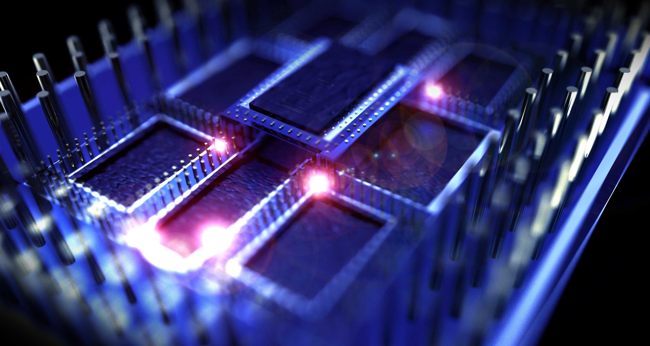
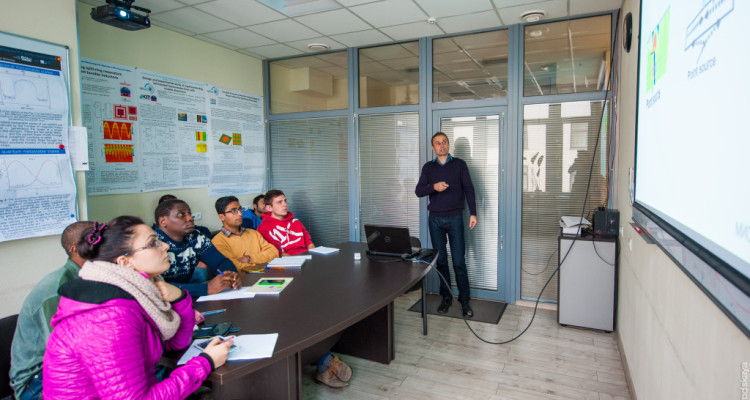
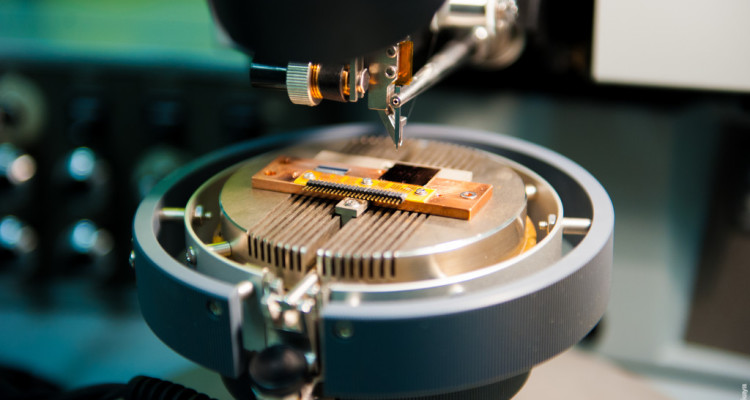
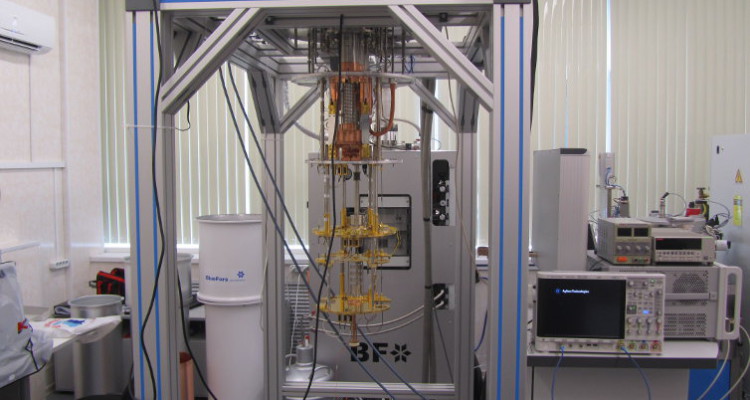
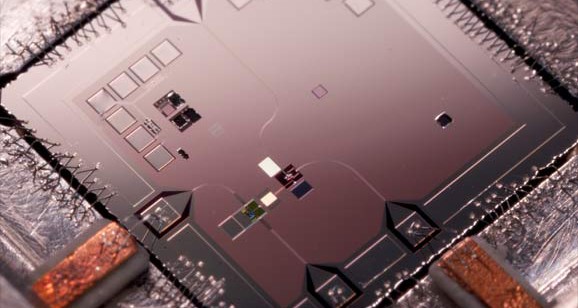
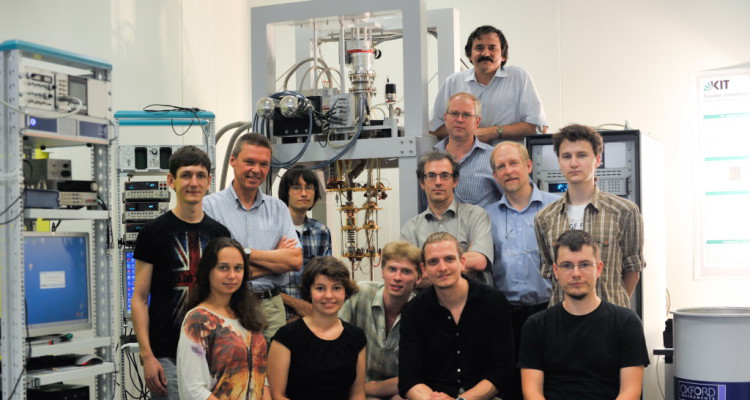
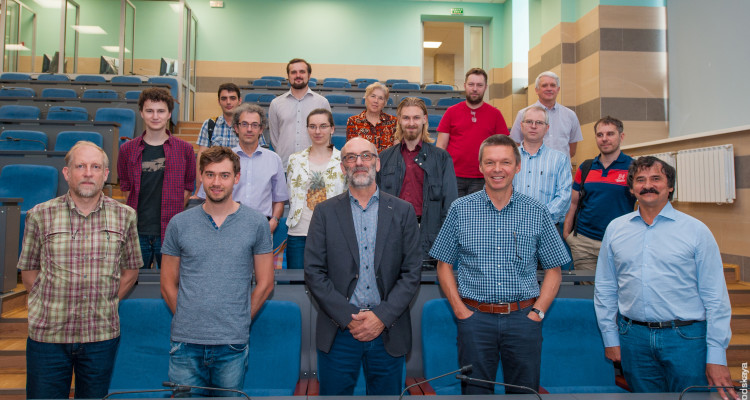
 26 February 2018
26 February 2018 